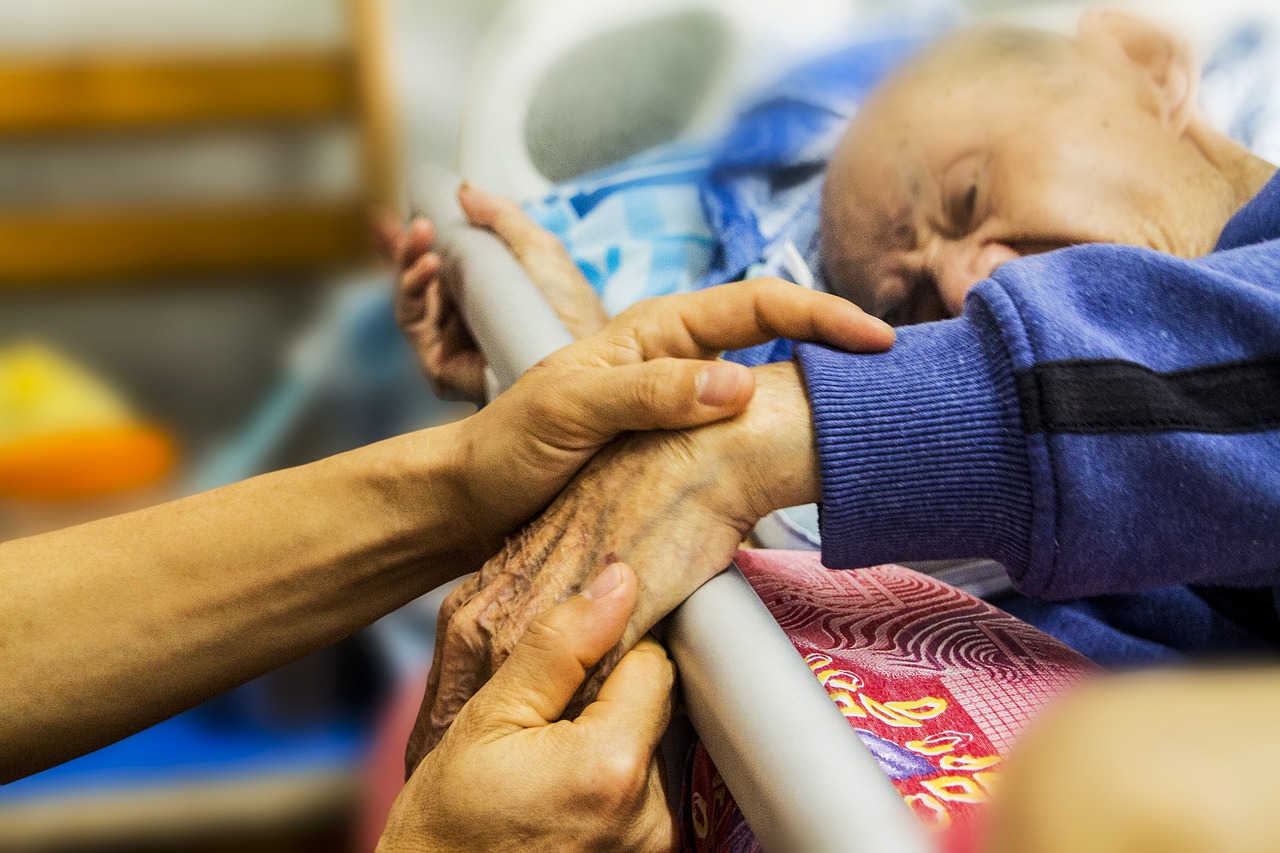

The stress of caring for a loved one with a serious illness is challenging enough, but that stress is intensified when you have to worry about taking time off from work. The Family Medical Leave Act (FMLA) can help by providing unpaid, job-protected leave if you need to care for a parent, spouse, or child. We understand the value of this time and can help to answer some of the most common FMLA questions.
In order to be eligible for FMLA, caregivers must work for a covered employer. Most employers with 50+ employees are covered. Private employers with less than 50 employees are not required to provide FMLA, but may be covered by the family and medical leave laws in their state. Elementary schools, secondary schools, and government agencies are all covered by FMLA, regardless of the number of employees.
If your employer is covered, you may take FMLA leave if you have worked for this employer for at least 12 months. It does not have to be 12 consecutive months, but there should not be any break in service that has lasted more than seven years.
In addition, you must have worked at least 1250 hours for your employer in the 12 months before you take FMLA leave. This is approximately 24 hours/week over twelve months.
Finally, your worksite must have at least 50 employees within 75 miles to be eligible for FMLA leave.
If you meet these requirements, you are eligible to take FMLA leave for serious health conditions that affect you, your spouse, your child, or parent.
FMLA leave is provided for the care of family members who meet one of four definitions:
You may use FMLA leave to care for one of the above individuals when they are faced with a serious health challenge including:
While you are on FMLA leave, your employer must protect your job for up to 12 weeks. FMLA leave is unpaid time off, but your employer must continue to provide health insurance. Employees may be required to continue to make their normal contributions to their health insurance plan.
FMLA leave can be taken as a full block of time, or it can be used on a part-time basis if you only need to provide caregiving coverage a few days or hours a week.
If you have sick time, vacation time, or personal time, you may apply these hours to your FMLA time off in order to make up for the loss in pay. Some employers may require you to use your paid time off in combination with FMLA. Check with your HR Department to see what your company’s specific requirements are.
Good communication is key to ensuring your FMLA leave request goes smoothly and that your employer has the opportunity to address any FMLA questions you may have. You should notify your employer as soon as you are aware that you will need to take time off to provide care.
If the need for FMLA leave is unplanned due to an accident or a sudden change in your loved one’s condition, you should inform your employer as soon as possible. It is important to give your employer enough information about the situation so they know that it qualifies for FMLA.
Once you notify your employer, they have five business days to notify you if you are eligible for FMLA leave and inform your of your FMLA rights and responsibilities.
If your employer requests medical certification, you must provide this within 15 calendar days.
The certification must be completed by a health care provider and must include:
FMLA leave requires your employer to protect your job during your time off and then return you to the same or nearly the same position.
If it is not the same job, the new role should have similar duties, responsibilities, and status. It should include identical pay and benefits and the same general work schedule.
If you are unable to return to work at the end of your FMLA leave, your employer is not required to continue to hold your position or return you to a similar position.
The US Department of Labor’s Wage and Hour Division can help answer additional FMLA questions or assist if you need to file an FMLA complaint.
If you are caring for a terminally ill loved one and have questions about hospice, Crossroads Hospice & Palliative Care can help. Please call us at 1-888-564-3405.
If you found this information helpful, please share it with your network and community.
Copyright © 2017 Crossroads Hospice & Palliative Care. All rights reserved.

Congestive heart failure is one of the most common reasons for hospital admissions for senior citizens. In fact, over 5 million adults in the United States experience heart failure.

We grow up thinking chicken soup will make us well, but when a person has trouble swallowing, the simple act of eating or drinking can become dangerous. Difficulty swallowing is known medically as dysphagia. It can cause not just choking, but also aspiration pneumonia when liquids or food particles slide down the windpipe and infect the lungs.

Good nutrition is always important, but it’s even more essential when facing cancer. A good diet can help patients feel better and stay strong during treatment. But that very treatment can make it hard to maintain the best nutrition for cancer patients.